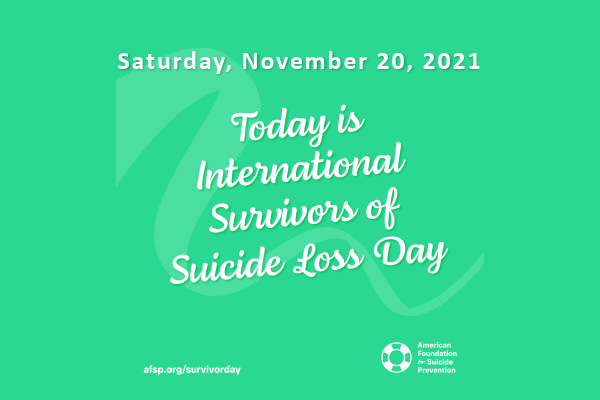We’re living in challenging times and working in a challenging profession. Making space for grief is essential for finding joy, particularly in light of important celebrations like Juneteenth and Pride Month.
2020 has given us many reasons to grieve. The Covid-19 pandemic has taken well over 100,000 lives in the United States alone, has created still more health, financial, and other struggles for many, and is still a source of great uncertainty. And as the US collectively awakens to our long overdue systemic antiracism work, the work ahead is difficult and current events are traumatic. As hopeful as we might be for real, intersectional change, it’s important not to ignore our grief.
When it’s difficult to find joy, we need to actively seek it. It’s critical to our well-being (and our work) to experience positive emotions — and one surprising way to is by focusing on processing the negative ones. The goal isn’t to expel the “negative emotion of discomfort” — it’s to actually feel the “discomfort of negative emotion” rather than ignoring or numbing it — which can inadvertently numb joy as well.
GRIEF BASICS.
Allowing ourselves to grieve actually creates space for us to feel joy, and can help us stay motivated for action. As staff clinician Dr. Shawn Healy wrote in a recent article for AttorneyAtWork.com, “Grieving is a process we go through when something significant changes in our lives. This can be the death of a loved one, the loss of a relationship, the violation of a core assumption we had about the world, or a sudden change in our sense that we know what the future holds.”
Understanding the general progression of grief can help you navigate your own and support others. We process grief in 6 stages — non-linearly, according to a widely accepted model, as discussed in Shawn’s article for AAW:
- Denial
- Anger
- Bargaining
- Depression
- Acceptance
- Meaning
As individuals, we move through the stages of grief differently. We spend different amounts of time and cycle back through stages in ways that are unique to our individual experiences. It’s important to give ourselves and each other the space to process the stages of grief without judgment.
SUPPORTING YOURSELF.
Grief is so uncomfortable it can be scary — but it’s “part of the healing process and an essential part of our lives,” as Shawn explained. As he highlights in his article, sad emotions can connect us to others — it can strengthen our relationships, and the strength of our relationships determines our happiness more than any other factor. Shawn’s simple steps to confronting grief follow:
- Be aware of how you are feeling, what stage of grief you might be in currently, and the source of your grief.
- Identify helpful social supports in your life (trusted friends, family, therapist, mentor, etc.) with whom you can share these feelings and thoughts.
- Start to share your grief with others, both to share your experience and pain as well as to offer validation and support to others who might be grieving.
A Gentle Practice for Opening Up to Painful Emotions from Law Professor Rhonda V. Magee is available here. Professor Magee is the author of The Inner Work of Racial Justice: Healing Ourselves and Transforming Our Communities Through Mindfulness, which offers “an essential mindfulness and compassion-based approach to confront racial injustice and work towards healing.”
SUPPORTING OTHERS.
To support others through grief, it’s important to know there’s no right (or comfortable) way to do it. First, prioritize supporting someone else over your own comfort. Then just make yourself available and be present when welcomed. Awkward interaction is better than avoiding interaction. Isolation is too common in the legal profession — make change by reaching out. Finally, as Shawn explains:
You can begin by being available. By this, I mean that you do not need to know what to say or to make them feel better. You can simply be there with them while they are grieving. Knowing they are not alone can be one of the most helpful sources of support. Conversely, feeling alone or ignored makes it all the worse.
It is common for people to feel like they do not know what to say or how to help, and based on that uncomfortable feeling they end up avoiding the person or pretending like the loss never occurred. One way around this unintended situation is to accept that those awkward interactions where you make yourself available are much better than avoiding the awkwardness altogether by avoiding the grieving person.
You don’t need to know how to make it better, you just need to be available and present.
Free & Confidential Consultations:
Lawyers, law students, and judges in Massachusetts can discuss concerns with a licensed therapist, law practice advisor, or both. Find more on scheduling here.
Related Resources:
Massachusetts Black Lawyers Association
Massachusetts LGBTQ Bar Association
Trauma Takes Many Forms, Including Racism: Notes for the Legal Profession (LCL MA Blog)
Detraumatizing Our Bodies, Minds, and Hearts (National Black Law Students Association)
. . .
This post was written by Rachel Casper based on an article by Dr. Shawn Healy for AttorneyAtWork.com titled “Grief is Essential”.




